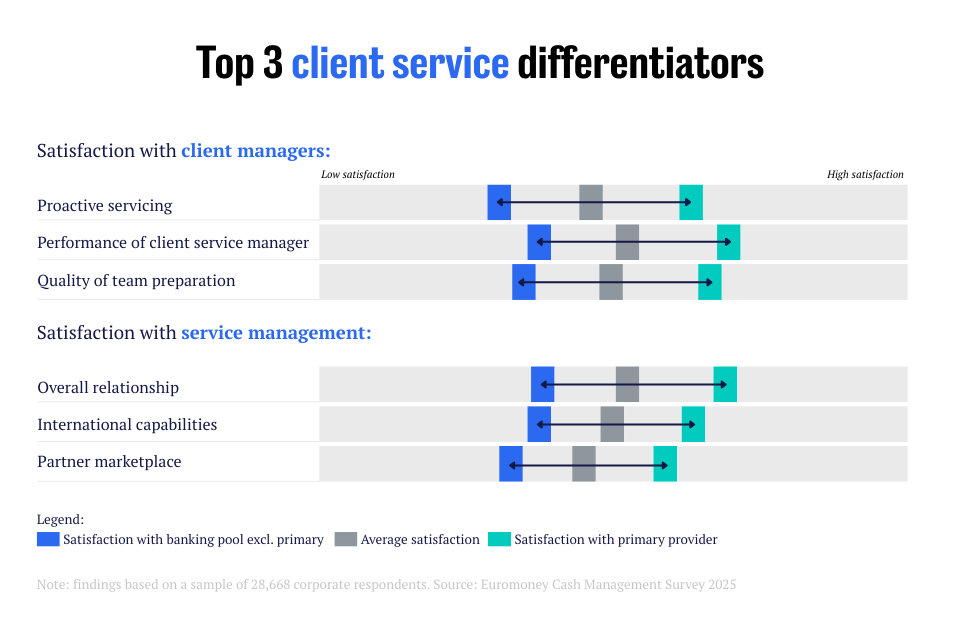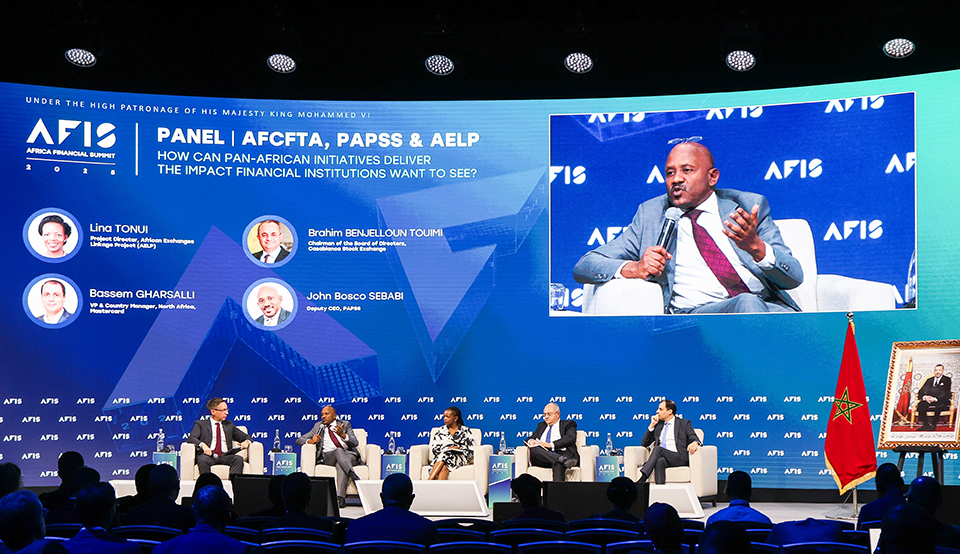For years now, fintechs and new digital banks have been taking market share from the big incumbents that are still held back by high-cost and inefficient legacy technology.
But a helping hand from the regulators may have pushed the big banks ahead in what could become a key innovation in the era of open banking: variable recurring payments (VRPs).
VRP is a new form of regular payment that does not entail the repeated authorizations and two-factor authentication required by merchants that hold credit cards on file.
Access intelligence that drives action
To unlock this research, enter your email to log in or enquire about access





